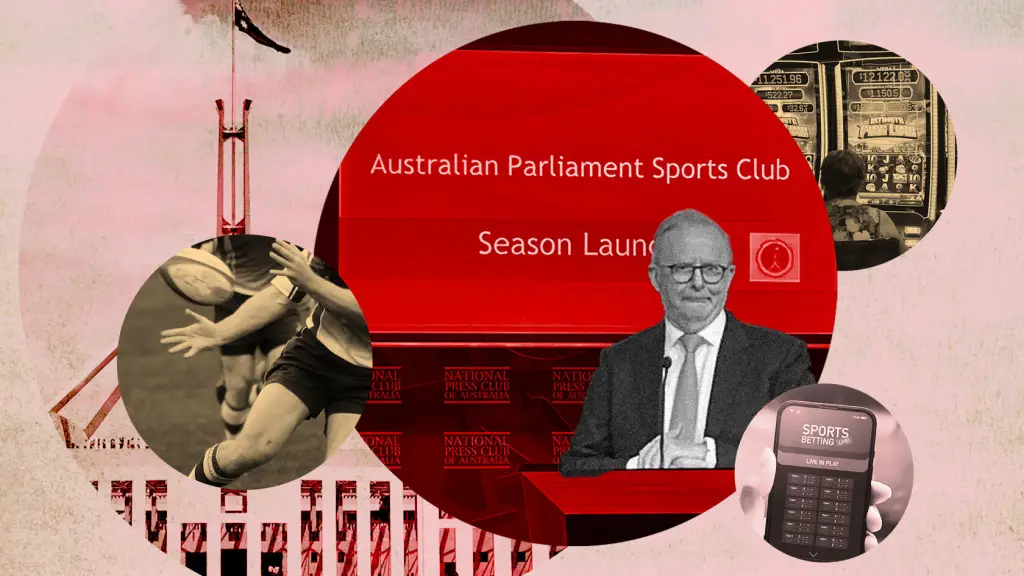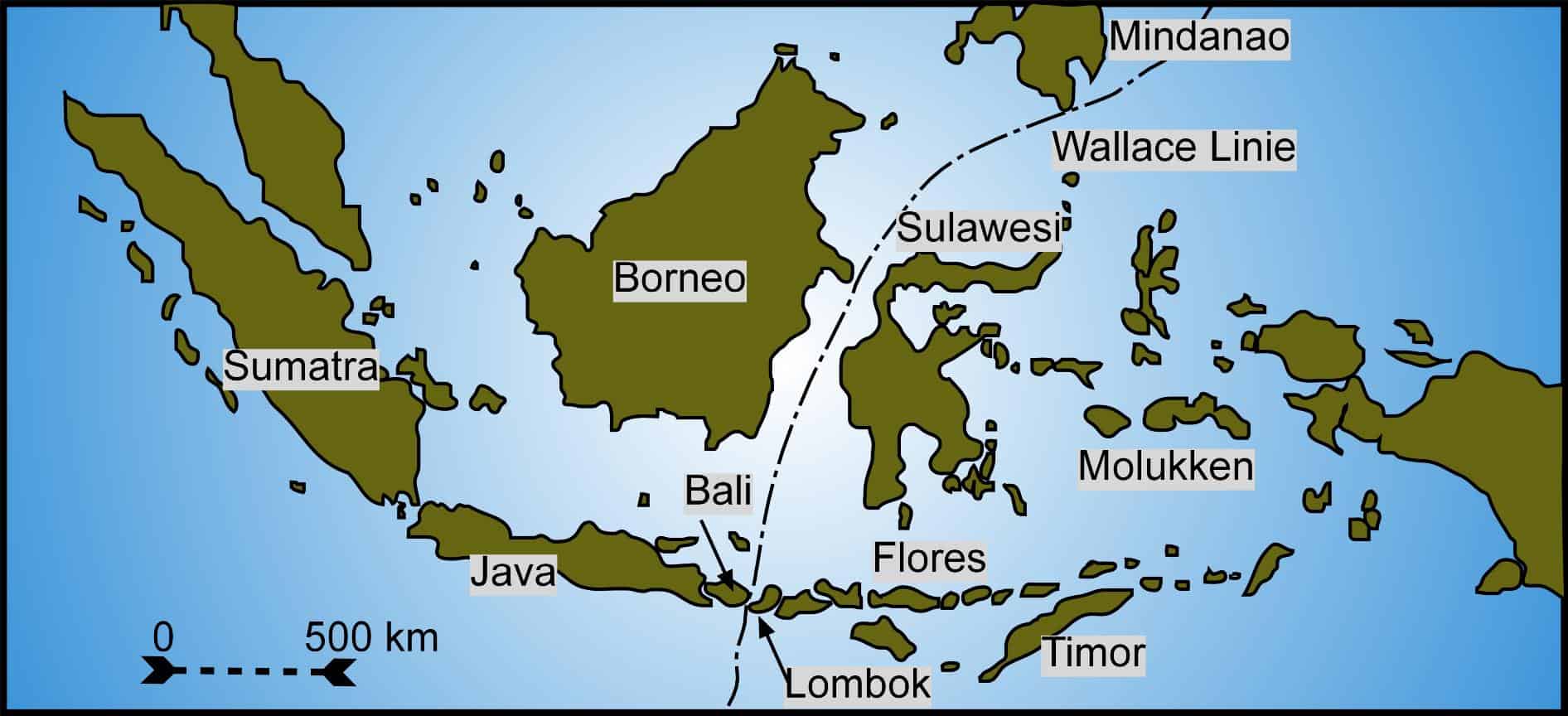
The Australian Parliament Sports Club (APSC) has been de-registered as a lobby group, mere days after independent Senator David Pocock was expelled from the club following his inquiries into its connections with the gambling lobby during Senate estimates. This decision has ignited a broader discussion about the transparency and ethics of lobbying practices in Australia.
Andy Turnbull, CEO of the APSC and a businessman with a background in sports event management, revealed that the club’s members, including senators, had been informed 40 times that a betting industry lobby group was a “corporate member” of the club. This group’s CEO had participated in soccer games with the club on multiple occasions. The APSC, which promotes itself as a grassroots sports club facilitating friendly matches among political staffers, politicians, lobbyists, and journalists, was recently listed as a lobby group after its sponsorship by the gambling industry was criticized. Prime Minister Anthony Albanese serves as the club’s president.
Conflicting Advice and De-registration
On Monday morning, Turnbull explained that he initially registered the club as a lobby group based on guidance from a senior member of the Attorney-General’s Department. However, he later received conflicting advice from the Australian Government Register of Lobbyists, indicating that registration might not be necessary. “Based on the advice provided above, I have this morning [October 13, 2025] de-registered,” Turnbull stated.
Turnbull’s company, Sports Hydrant, has been a registered lobbyist since September 8, 2009. The APSC’s brief registration period, lasting less than a month, raises questions about the clarity of lobbying regulations. Turnbull noted that Responsible Wagering Australia, a betting industry lobby group, had been a club member since July 2023, and he had informed members about this affiliation on 40 occasions.
“Further, all football (soccer) playing members have played alongside the CEO of Responsible Wagering Australia since that time on Wednesday mornings. There have been many other sporting occasions as well.”
Historical Context and Political Reactions
For 20 years, the sports club has received income from corporate members and sponsors without significant scrutiny. Turnbull expressed his belief that the longstanding arrangement was satisfactory to all parties involved, given the regular notifications to members. However, Senator Pocock’s challenge to the club’s sponsorship by the gambling lobby in Senate estimates prompted Turnbull to question the “due process” and label Pocock’s position as “untenable”.
Turnbull claimed he was initially “entrusted to do everything” for the club’s activities at the request of politicians from 15-20 years ago. Yet, a political insider from that era, speaking anonymously, contested Turnbull’s involvement, suggesting it was more about personal enjoyment than official duty. The insider also challenged the notion that the club’s events were free from lobbying activities, drawing parallels to similar practices in men’s clubs.
“Nothing in Canberra happens without a reason. It’s an expensive city to go to. Why is the NRL, Football Australia, Olympics Committee and others paying money to the Parliament Sports Club to put on events at Parliament? Because the Parliament Sports Club says they have access to Ministers and MPs. Business might not be discussed on the field, but it’s selling access by any other name.”
Implications for Lobbying Laws
Senator Pocock criticized the current state of lobbying laws, describing the sports club as a “cash-for-access scheme”. His expulsion from the club on October 10, following his inquiries, caused a stir in Canberra, leading to resignations from several independent MPs, including Monique Ryan, Sophie Scamps, and Allegra Spender. Prime Minister Albanese initially downplayed the issue, attributing it to “David Pocock being David Pocock, getting himself in a story”.
However, by Friday afternoon, Albanese reversed his stance, suggesting Pocock be invited back to the club, emphasizing that “participation should be open to everyone”. Despite this offer, Pocock declined the invitation, highlighting ongoing tensions and the need for reform in lobbying transparency.
This development underscores the complexities of lobbying regulations in Australia and the potential for reform. As the political landscape continues to evolve, the implications of this controversy may prompt a reevaluation of how lobbying activities are conducted and regulated.







